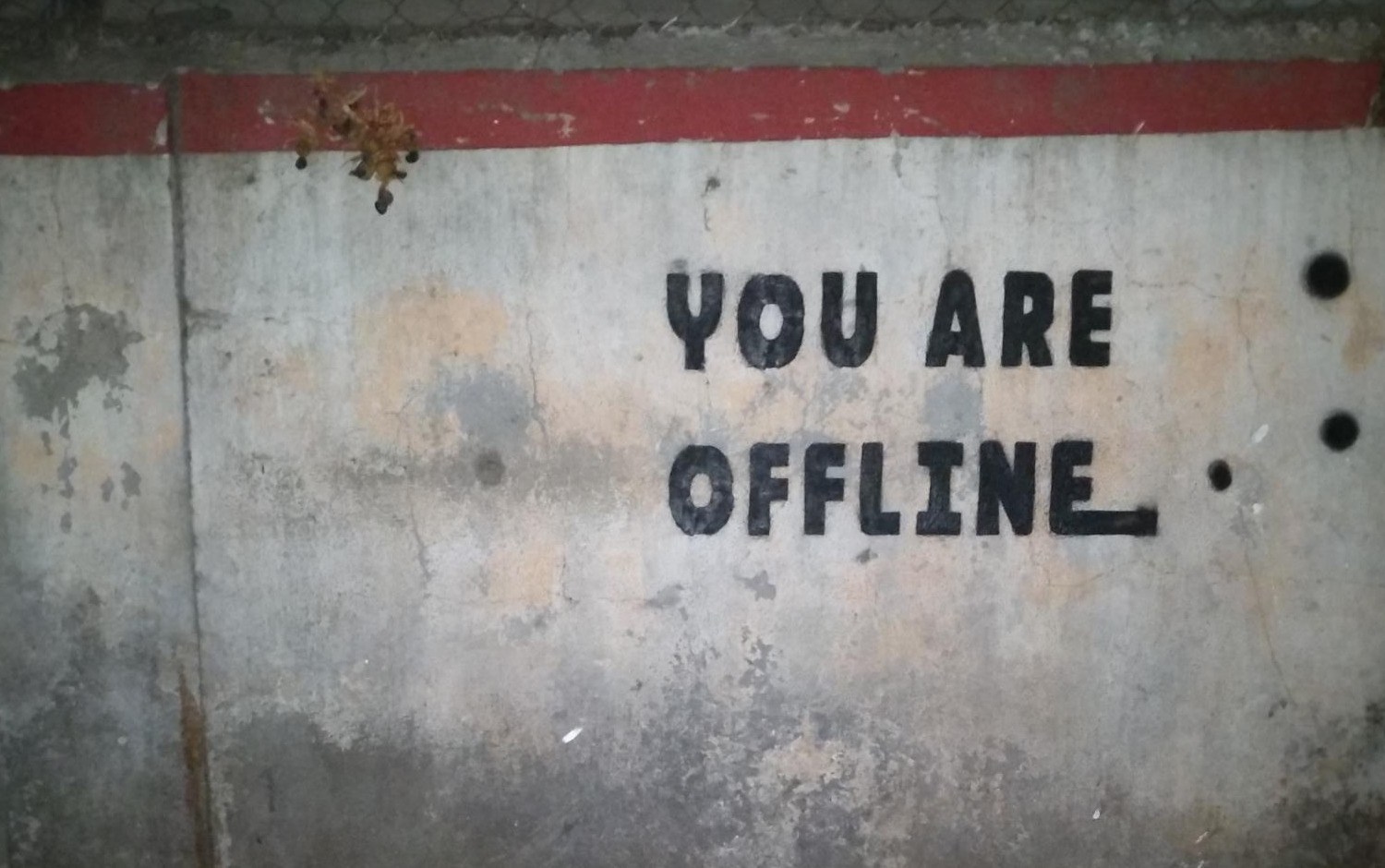A small crowd of ethnic Rakhine activists took to Yangon’s Mahabandoola Park on Christmas eve to demand an end to an internet blackout in parts of Rakhine State. The blackout has been in place in some degree since June, but critics say it has wrongfully harmed civilians living in conflict zones.
In June, the government suspended internet services in nine townships across Rakhine and Chin States in order to hamper the communications and intelligence of the Arakan Army, a Rakhine Buddhist separatist group. Ministry of Transport and Communications Permanent Secretary U Soe Thein argued that the measure was to “maintain the stability and law and order in these areas.” Although the ban has been lifted in five townships, Ponnagyun, Mrauk-U, Kyauk Daw and Minbya are still mostly without internet, save for a few upscale hotels.
In addition to the tremendous inconvenience for ordinary people, local media outlets claim they are not able to accurately and efficiently spread information that is vital to civilians living in conflict zones. Aid organizations, too, claim they have not been able to communicate with people in need of relief, especially the tens of thousands living in refugee camps.
“It’s so hard for us to get timely information from the IDP camps,” U Khaing Kaung San, founder of the Wan Lark Foundation, a local NGO, told Frontier magazine. “Before the internet shutdown in June, the committees at the camps could constantly update us about their needs, whether for medicine or food.”


